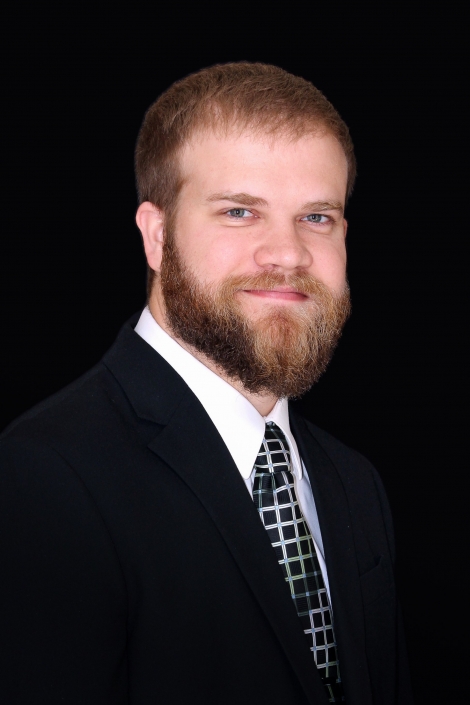Education:
- Ph.D. Chemistry, Emory University (Atlanta, GA), 2017
- Conducted the first experimental investigations into the coordination of molecular hydrogen peroxide with transition metals.
- B.S. Chemistry, Union University (Jackson, TN), 2012
Professional Experience:
- Dr. Wallen joined the faculty at Appalachian State University in 2020 and enjoys teaching Introductory and Inorganic Chemistry and working with students in the research lab.
- Post-doctoral Research Associate, University of Wisconsin-Madison, 2017-2020
- Research Mentor: John Berry
- Study diruthenium paddlewheel complexes for electrocatalytic ammonia oxidation in future direct-ammonia fuel cells
- Dr. Wallen first fell in love with chemistry during high school while working in a chemistry research lab at Vanderbilt University.
Research/Interests:
Dr. Wallen’s research is focused on the coordination and reactivity of hydrogen sulfide and other biologically- and industrially-relevant small molecules with transition metal complexes. Research projects involve using a variety of organic and inorganic synthetic techniques to prepare ligands and complexes with earth-abundant transition metals. The capture and oxidation of hydrogen sulfide is of vital importance in the treatment of natural gas feedstocks and occurs on an incredibly large scale worldwide. Dr. Wallen investigates how hydrogen sulfide binds to transition metals to inform the development of novel catalysts for hydrogen sulfide oxidation. Hydrogen sulfide also plays an important role in biological systems as a signaling agent. Little is known about how hydrogen sulfide interacts with metal-containing enzymes in the body, so another facet of Dr. Wallen’s research is to prepare complexes of biologically-relevant metals with intramolecular hydrogen-bonding networks to mimic biological environments of some metal-containing enzymes.
Students working on these projects can expect to learn synthetic techniques and procedures to prepare a variety of organic ligands and metal-organic complexes, including procedures in air-free environments, as well as extensive use of spectroscopic methods to characterize novel compounds and investigate reactivity. Dr. Wallen is always looking for motivated students to mentor in the research lab. If you are interested, please contact him via email.
Selected Publications:
Wallen, C. M.; Trenerry, M.; Brown, T.; Park, S.; Berry, J., Spontaneous N2 formation by a diruthenium complex enables electrocatalytic and aerobic oxidation of ammonia. Nature Chemistry, 2021, https://doi.org/10.1038/s41557-021-00797-w.
- Contributions: synthesis and characterization of dirhodium complexes, kinetics and redox batch cycling experiments, co-first author with M. Trenerry.
Wallen, C. M.; Bacsa, J.; Scarborough, C. C., Coordination of Hydrogen Peroxide with Late Transition Metal Sulfonamido Complexes. Inorganic Chemistry 2018, 57 (9), 4841–4848.
- Contributions: all synthesis and non-crystallographic characterization of novel complexes, primary writing author, primary corresponding author.
Wallen, C. M.; Palatinus, L.; Bacsa, J.; Scarborough, C. C., Hydrogen Peroxide Coordination to Cobalt(II) Facilitated by Second-Sphere Hydrogen Bonding. Angewandte Chemie International Edition 2016, 55 (39), 11902-11906.
- Contributions: all synthesis and non-crystallographic characterization of novel complexes, joint writing with advisor.
Wallen, C. M.; Bacsa, J.; Scarborough, C. C., Hydrogen Peroxide Complex of Zinc. Journal of the American Chemical Society 2015, 137 (46), 14606-14609.
- Contributions: all synthesis and non-crystallographic characterization of novel complexes, joint writing with advisor.

Title: Assistant Professor , Research Mentor
Email address: Email me
Phone: (828) 262-8665